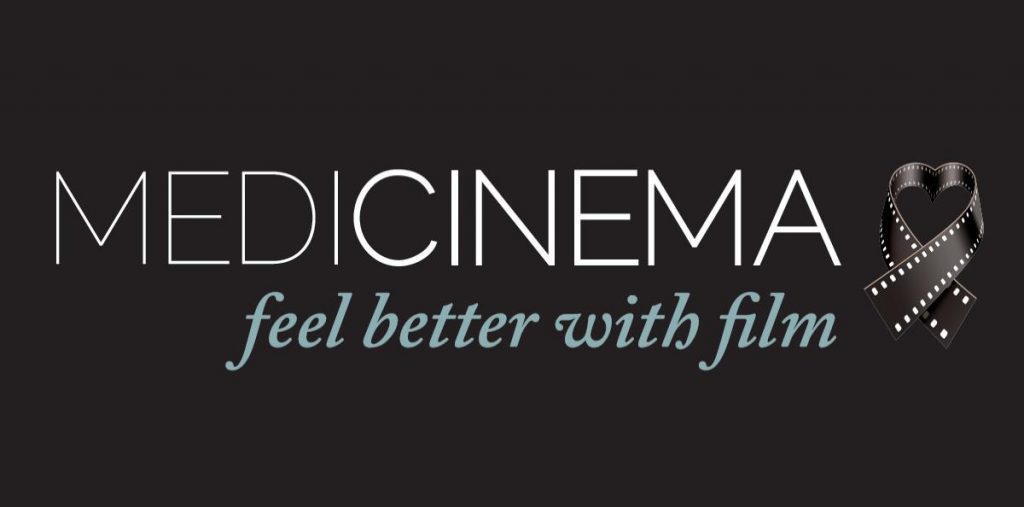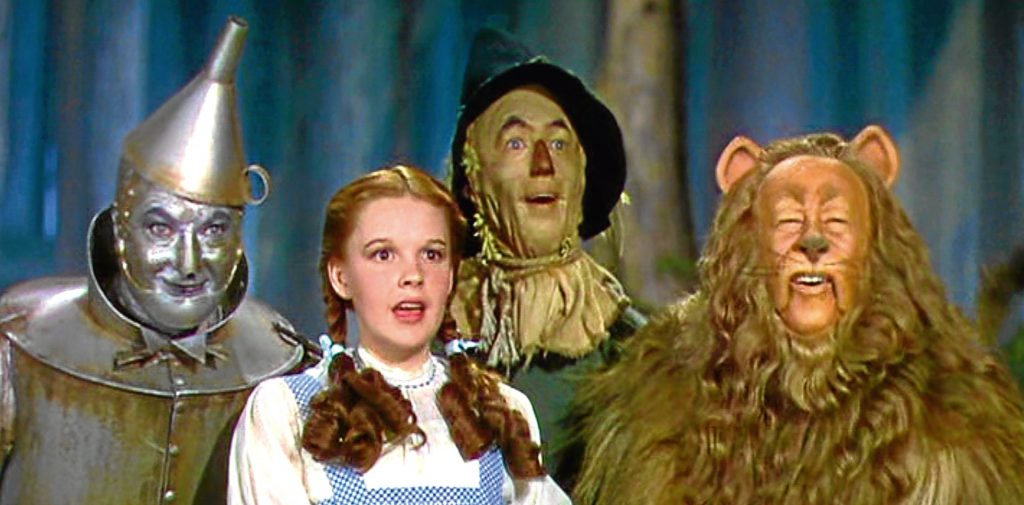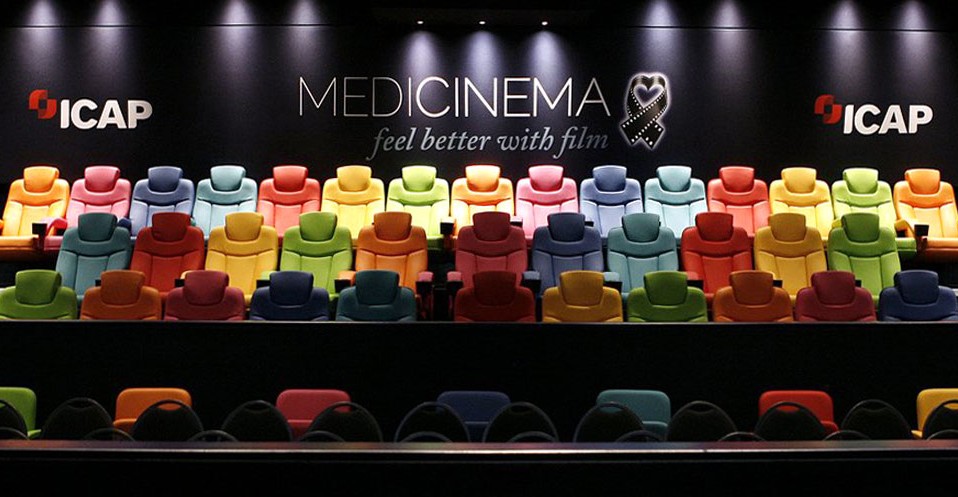Movies are awesome! They can make us laugh or cry, transport us to a strange new world, or experience a period of history – sometimes all in the same film. With mental health awareness rising and becoming more important, the use of movies as a therapeutic tool is also on the rise. Recent studies have looked at the benefits of cinema for those with learning difficulties and mental health conditions, as well as how to accommodate them in standard cinemas.
MediCinema

The first MediCinema opened in 1999 with the goal of providing a chance for patients and families to escape their hospital surroundings and enjoy a cinema experience they may not have access to. The charity provides specially designed cinemas that accommodate wheelchairs and hospital beds, giving patients a chance to catch the latest releases.
MediCinema has opened a total of six cinemas since it began, with plans to double that number by 2025. However, as a charity, it relies entirely on fundraising. From charity events to advance screenings, the money all goes to funding and supporting the cinemas. Some of the organisation’s famous patrons include Daniel Day-Lewis, Jeremey Iron, Ewan Mcgregor, Helen Mirren, and Simon Pegg.
Autism In Film

As Autism awareness has increased, many cinemas have tried to be more accommodating to those on the spectrum. With the inclusion of Autism friendly screenings, films can be shown with various adjustments, such as a lower volume, no allocated seating and the ability to leave at any time.
Films can also help people on the spectrum understand things they may struggle with in day to day life, such as “Inside Out” and its personification of emotions, or Disney cartoons helping a child speak.
Autism is also seeing positive representation in many films, Eddie Redmayne plays Newt Scamander, who is on the autistic spectrum, in the “Fantastic Beasts” films, after discussing it with the film’s creator, JK Rowling. Many see Guardian’s of the Galaxy’s” Drax as on the spectrum. Even the Blue Ranger from 2017’s “Power Ranger” openly greets characters with his diagnoses. All of which are positive portrayals, with the characters in question being heroes and autism not being their defining trait.
Cinetherapy

Cinetherapy is the process of watching a film, relevant to a personal issue and finding some therapeutic benefit from it. One of the ways it helps is to somewhat “normalise” the condition. For instance, watching a film like “Room” can help people come to terms with PTSD, abusive relationships, and other conditions. All sorts of media can be used from “The Wizard of Oz”, episodes of the “X-Files” to “The Lord of the Rings” trilogy. Films have such a widespread subject matter, that just about everything has been covered at some point.
This approach can help people with a vast array of mental health conditions, such as feelings of grief or transitioning to different stages of life. It’s about the use of metaphors and universal themes in films. Even just crying at film can be therapeutic, even if you have no experience of what the film is about. This is known as “popcorn cinema therapy“, an emotional release as a result of the film.
It is unlikely that cinematherapy would work on its own for deeper issues, as most practitioners use it in conjunction with other methods, but it is a useful and pleasant way of helping people come to terms with and express their problems, alongside other creative outlets.
Awareness
As well as helping people deal with issues, films can also help to raise awareness of them to others, like the recently released film Five Feet Apart raising awareness of Cystic Fibrosis. Although most films based on true events take artistic liberties, the fictional version of events is the one people remember. However, they can still succeed in making audiences aware of the subject. For instance, The Theory of Everything, a biopic about Stephen Hawking and his struggle with motor neurone disease, raised more than £20,000 for a dedicated charity, as well as awareness of the condition.
Films are great for so many reasons and there is a lot to love about them. Everyone loves different films for different reasons, some of them may be a result of Cinetherapy, or because it highlights a key issue that is important to them. Others might just be because it made them cry or they really related to a particular character, whatever the reason, a night at the movies can make things better, even if it’s only for a little while
If you would like to donate to any of the charities mentioned in this article, follow these links:
Also Read: The Many Faces of Andy Serkis













1 Comment
Comments are closed.